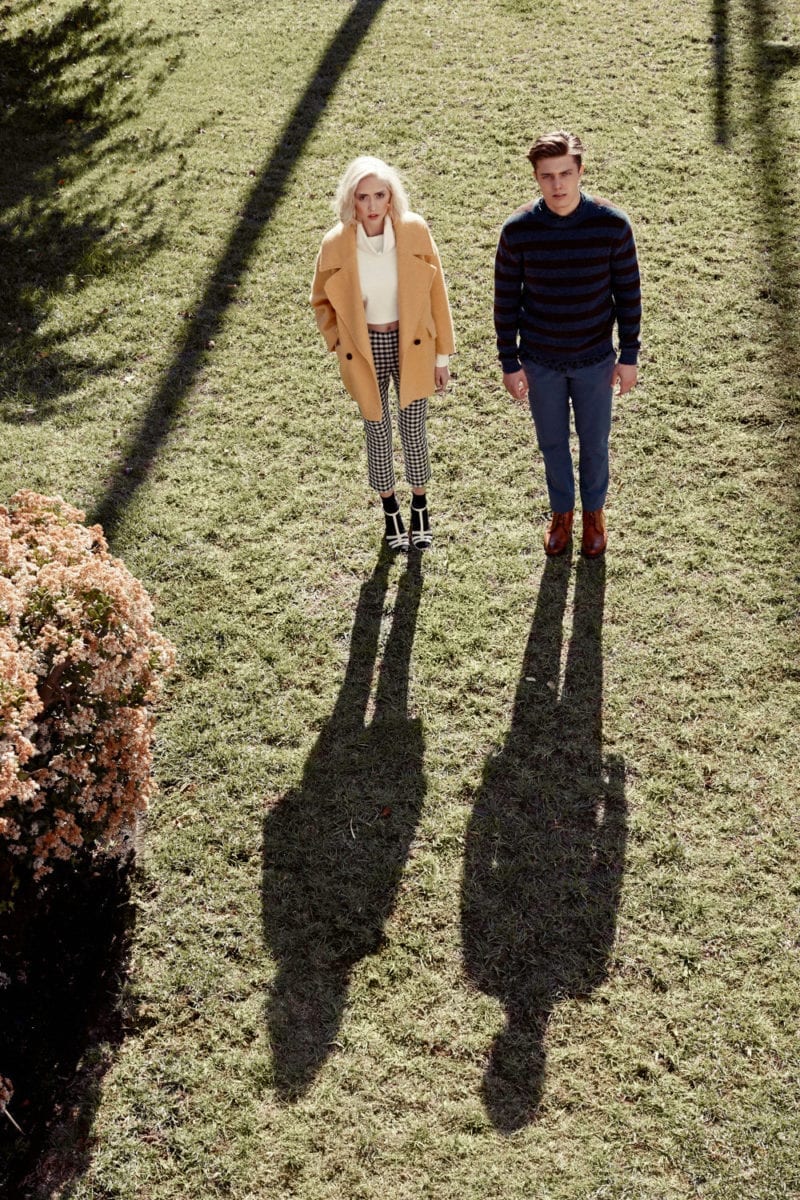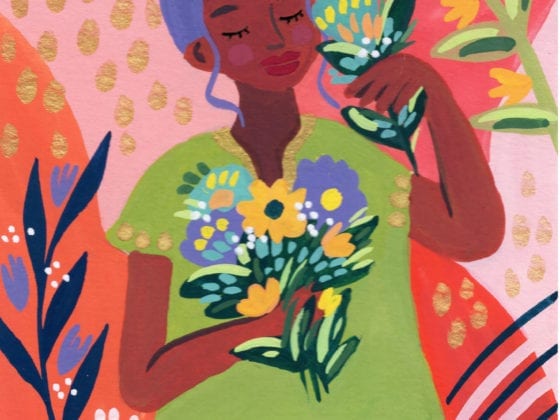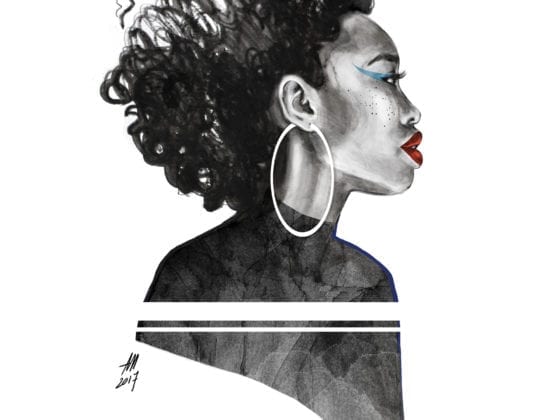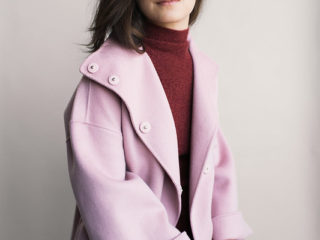I have always seen my life through the lens of a story being told. I can categorize people into characters, draw connections between the chapters and jot down dialogue from conversations that I’ll reference from time to time.
In the story of our lives, people get to decide which character they want to be: the healer, the wise sage or the villain. As human beings, both the beauty and tragedy of life is the autonomy we have over ourselves—the separation in which we can be whoever we want to be. It can often feel like a complete loss of control to accept this about people because it is. We have no true control over who or what people decide to become.
Both the beauty and tragedy of life is the autonomy people have over themselves—that separation in which we can be whoever we want to be.
Whether they inflict pain on us or not.
Whether they seek forgiveness or not.
Whether they love us well or not.
Ever since I can remember, I’ve had a difficult time separating where I end and where someone else begins. The characters would entwine, and their descriptions would blur with my own. When someone hurts, then I feel their hurt. If they are afraid, then I grow curious and develop a bravery to their fear.
I grew up in a home where this was exploited. Instead of being nourished, my tendency to empathize deeply was used as a tool to manipulate me. If I was being neglected, then I assumed it was because I deserved to be neglected.
I have met far too many empathetic souls with similar stories. As friends, family, partners and feelers—our job is not to heal someone, to try on their experience and wear it around for them. No matter how badly you may want to or how badly they may need it, healing is up to the wounded person.
Our job is not to heal someone, to try on their experience and wear it around for them.
Although empathizing with someone’s pain can help them feel understood, people who are sick cannot be cured by our kindness, our compromising or our help alone. We each, exclusively, own the rights to how, when and if we heal. Our power comes with the knowledge that we, too, get to choose which character we are in the story: both the story of ourselves and the story of others.
In my life, someone very close to me decided to be the villain in my story—to betray me and the people I love. As relentlessly as I tried, I could not lead him to healing, awareness or empathy. It got to a point that I understood his part in my story was over. I could not write a chapter of redemption for him on my own.
I knew he wouldn’t leave my narrative. So I made the decision to walk away myself—to create the closure I needed for his storyline and continue writing my own path. I am responsible for my character and my character alone.
Walking away is not easy, especially with family. We can be told that it’s impossible to leave. The truth is, we always have the freedom to walk away. It begins with understanding that our worth is not reflective of their treatment of us.
The truth is, you always have the freedom to walk away.
I sometimes think the most vital lessons in life are not the ones we learn, but the ones we unlearn. We are born with an inner, wise knowing of what we need. We inherently know when we can no longer continue to bend further backward and that there are sacred parts of ourselves which simply cannot be compromised, no matter how many times we are asked to.
Yes, sometimes walking away from a character in your story is the best way to care for them, but sometimes, walking away from someone is the best way to care for yourself. It means valuing that sacred knowing inside of yourself—trusting that your true self knows what you need, deserve and desire in life.
Sometimes, walking away from someone is the best way to care for yourself.
It isn’t selfish or unkind to leave. Rather, it’s unlearning the unhealthy compromise we have been taught—that loving someone always means staying.
In truth, sometimes loving someone means walking away.
Sometimes, loving ourselves means walking away—
and bravely, graciously and patiently allowing the rest of our story to unfold.
Have you ever had to walk away from a relationship that was toxic? What gave you the courage or the impetus to finally leave?
Image via Chris and Sara Rhoads of We Are the Rhoads, Darling Issue No. 7











